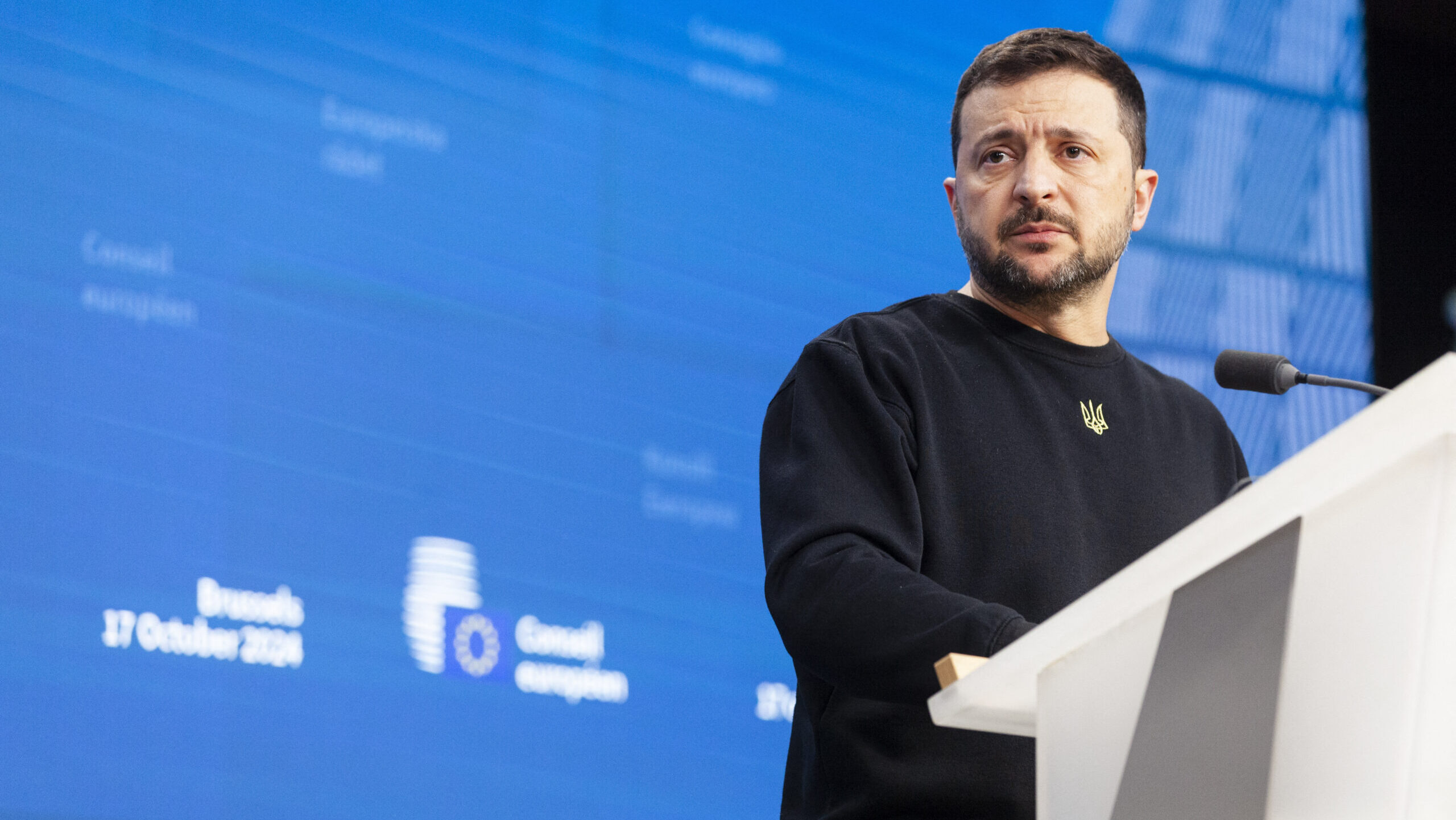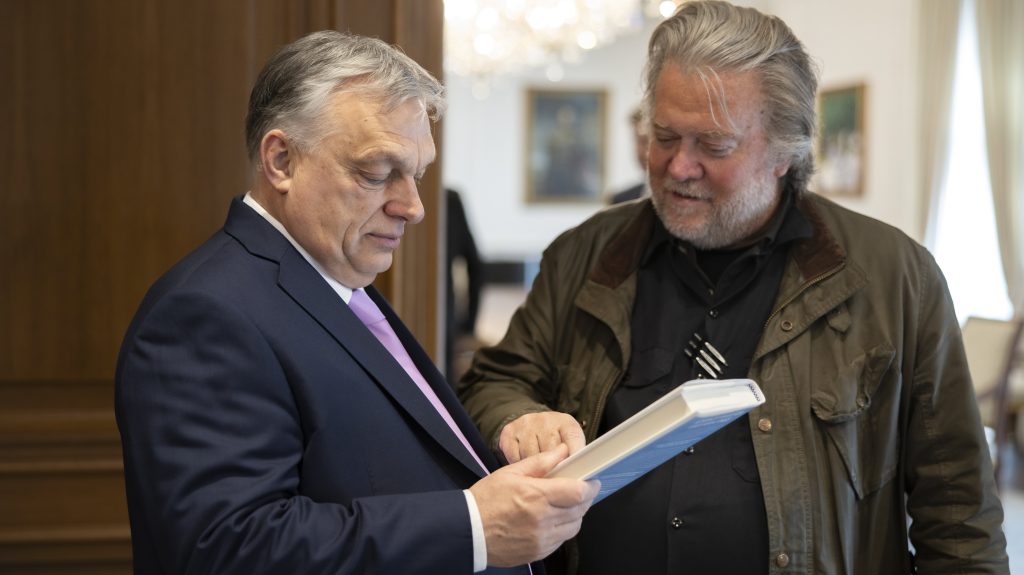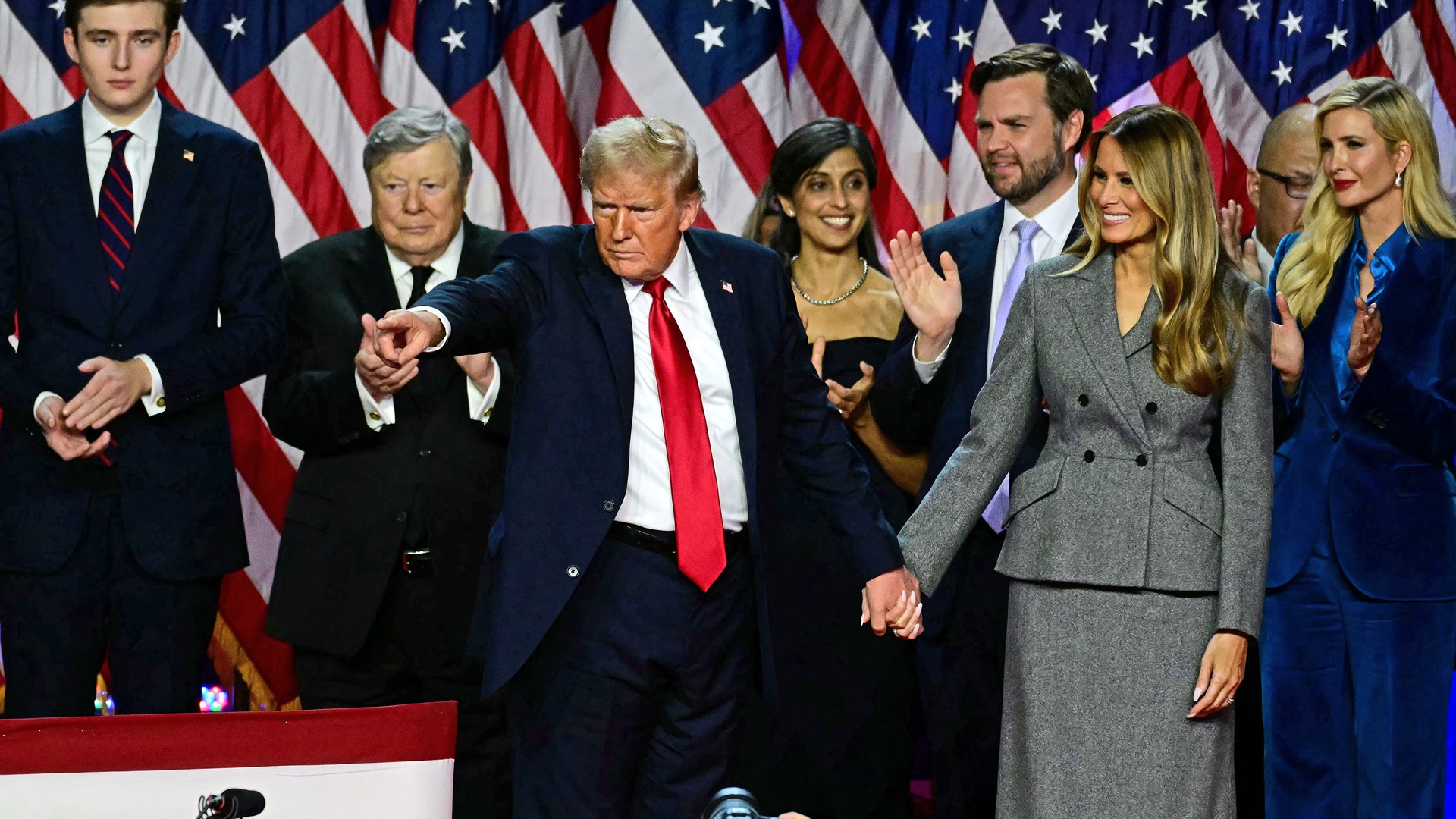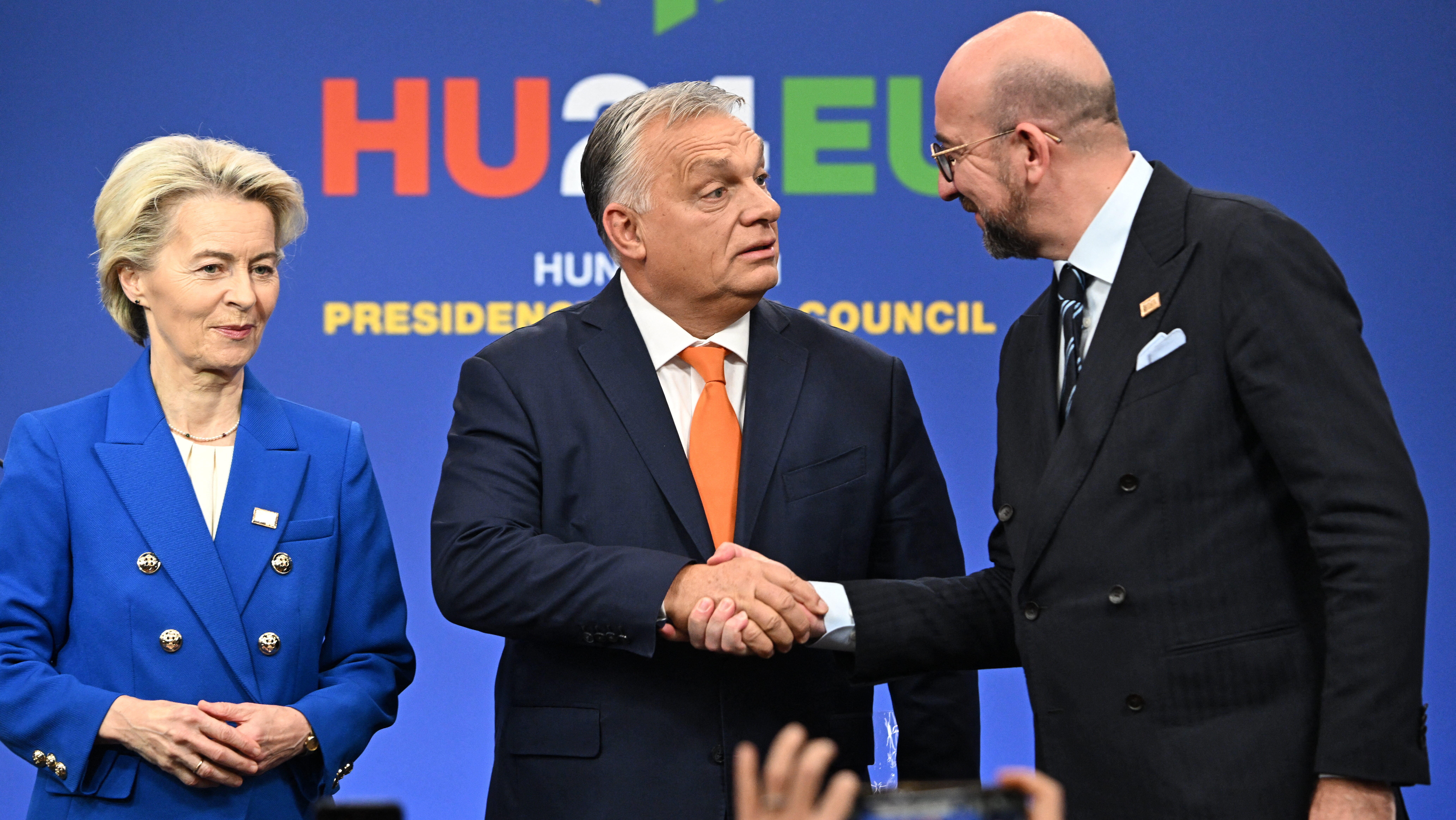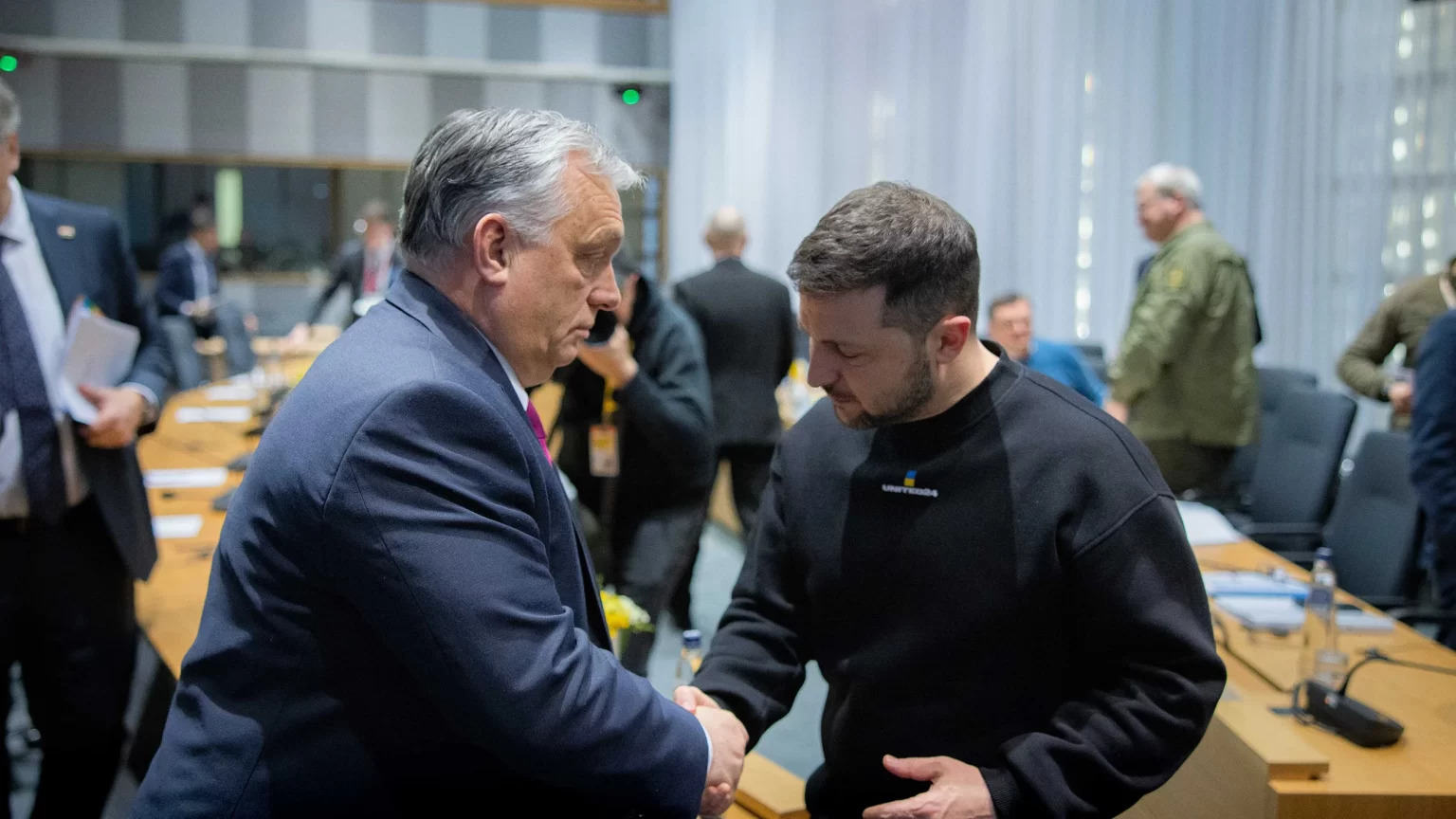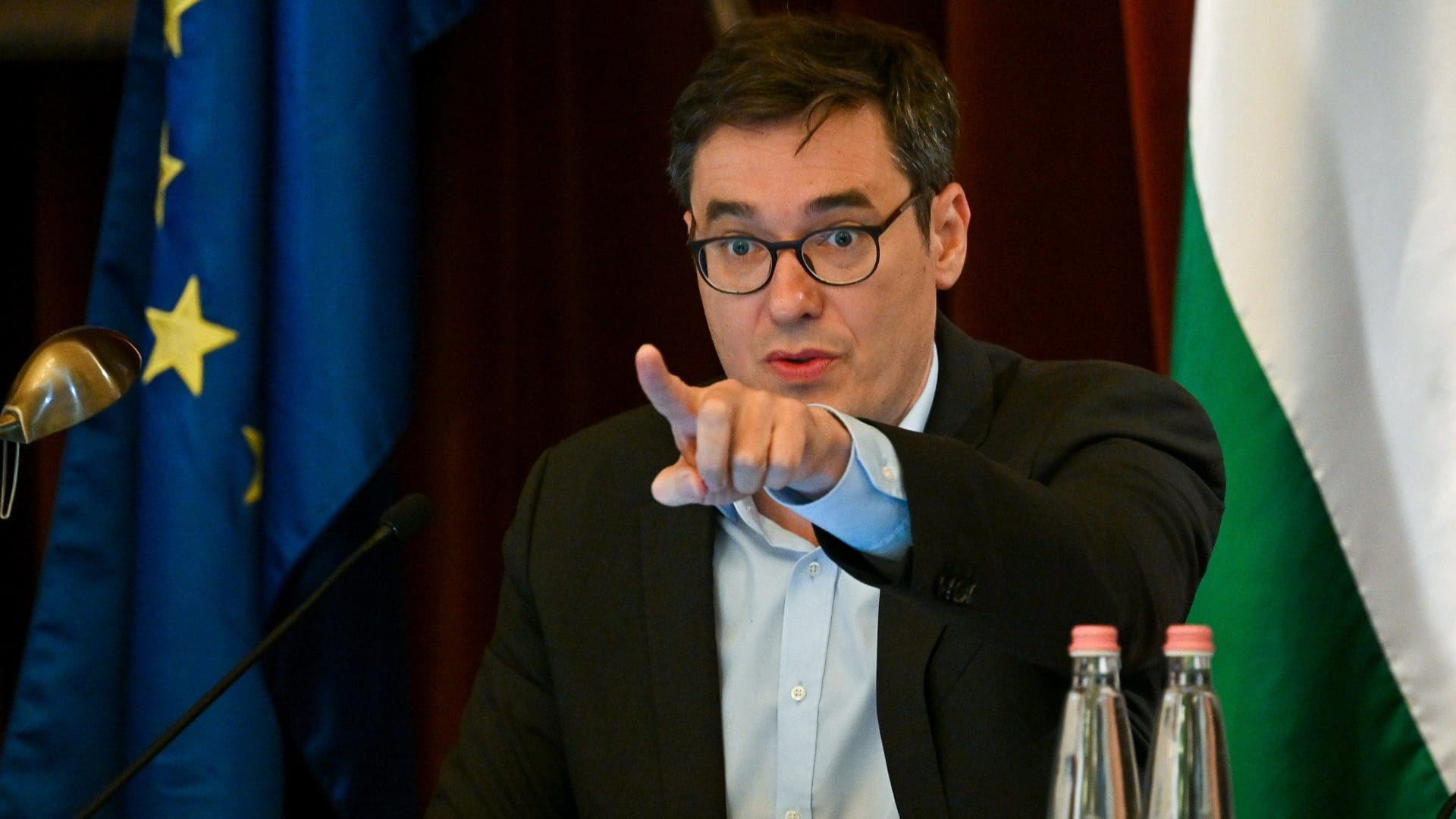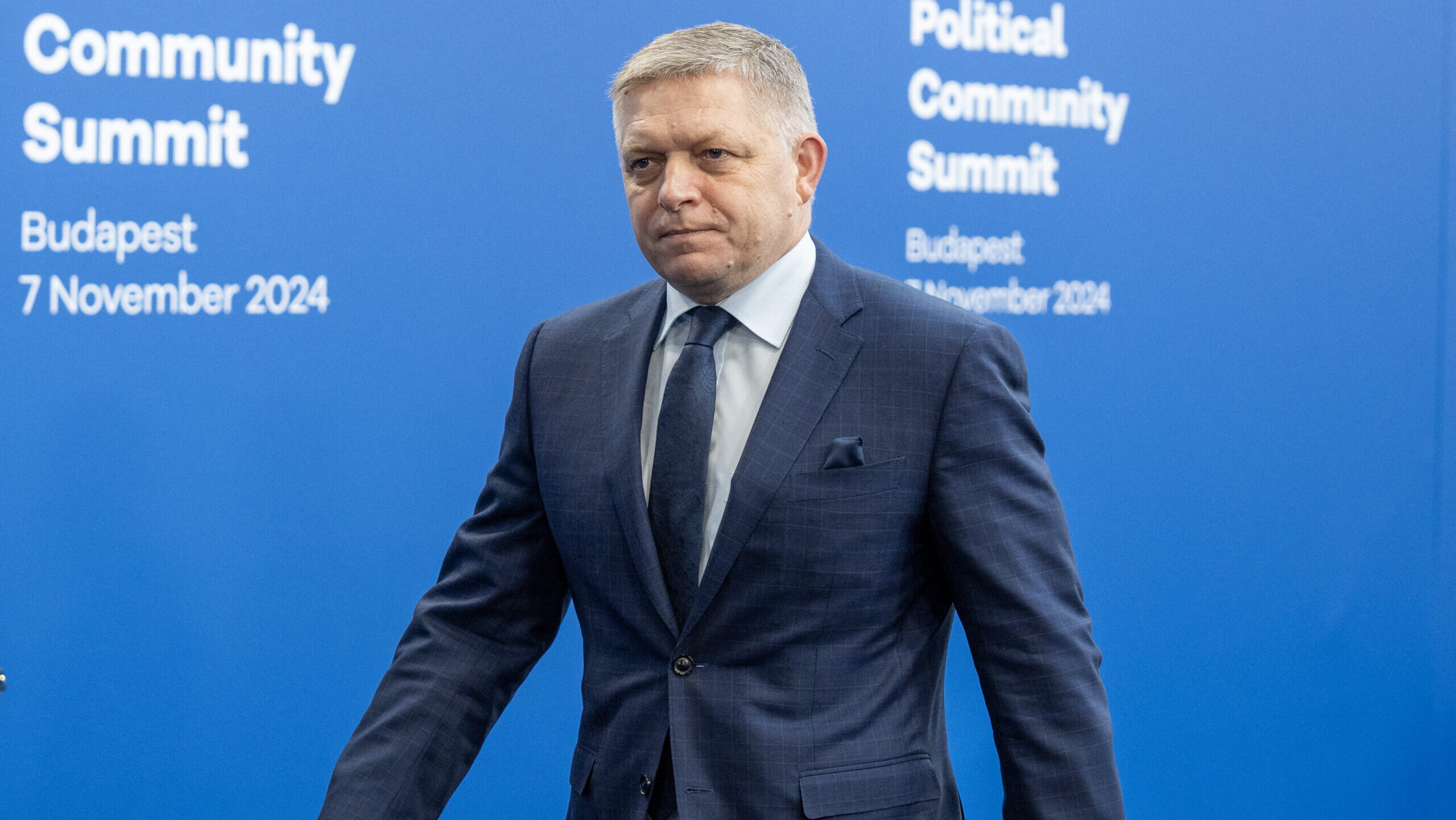
Pro-War Opposition Attempts to Oust Slovak PM Robert Fico
United opposition parties have filed a motion of no confidence against Slovak Prime Minister Robert Fico over his ties with Vladimir Putin and his pro-peace stance on the war in Ukraine. Fico, who survived an assassination attempt in May, has halted state-level weapon shipments to Kyiv and remains in constant conflict with Volodymyr Zelenskyy.


